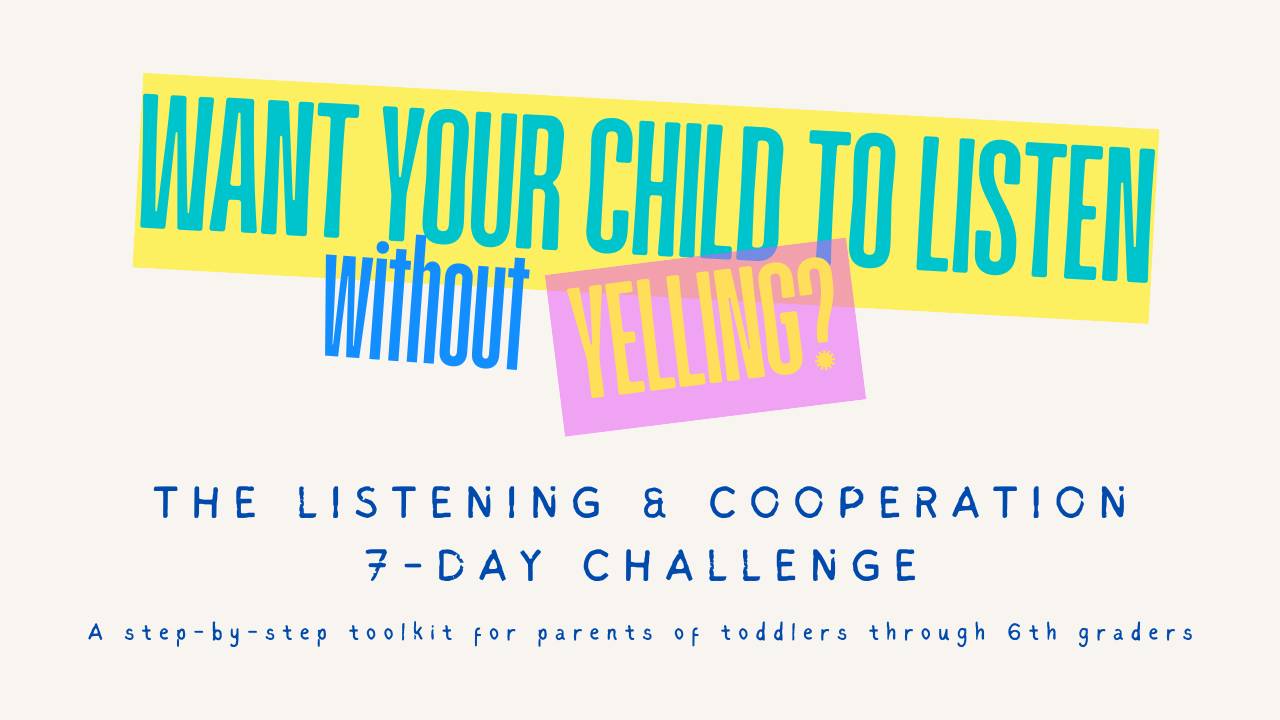Fostering Imaginative Play in Toddlers and Preschoolers with Autism Using ABA Strategies
Apr 02, 2024
For toddlers and preschoolers with autism, imaginative play can be an essential tool for socialization, communication, and emotional expression. Applied Behavior Analysis (ABA) offers valuable strategies to support and encourage imaginative play. Let’s explore how parents can foster imaginative play using ABA principles tailored to the unique needs of their child, along with practical examples.
- Creating a Sensory-Friendly Play Environment:
Sensory sensitivity is common among children with autism, so creating a calm and sensory-friendly play environment is essential:
- Offer toys with varied textures, colors, and sounds to accommodate different sensory preferences.
- Provide a quiet and cozy space where your child feels comfortable exploring and engaging in imaginative play.
- Introduce sensory-friendly materials like water, play dough, or kinetic sand to promote sensory exploration during play.
- Building on Interests and Strengths:
ABA emphasizes building on a child's interests and strengths to facilitate engagement and motivation. Identify your child's unique interests and incorporate them into play activities:
- If your child is fascinated by trains, create a pretend train station with toy trains and tracks for imaginative play.
- If they have a love for animals, set up a sensory bin filled with animal figurines for them to explore and role-play with.
- Using Visual Supports and Social Stories:
Visual supports and social stories can help children with autism understand and navigate pretend play scenarios more effectively:
- Create visual schedules or storyboards depicting different play scenarios to help your child anticipate and participate in imaginative play.
- Use social stories to introduce new play concepts or to explain the rules and expectations of pretend play activities.
- Incorporating Predictable Routines:
Children with autism often thrive on routines and predictability. Incorporate predictable routines into imaginative play to enhance comfort and engagement:
- Establish a consistent playtime routine, such as setting aside a specific time each day for imaginative play.
- Use familiar play scenarios or characters that your child enjoys to create a sense of predictability and security during play.
- Encouraging Parallel and Cooperative Play:
Some children with autism may prefer parallel play, while others may enjoy cooperative play with peers or family members. Encourage both types of play to promote socialization and communication skills:
- Provide opportunities for parallel play alongside siblings or peers, such as building with blocks or playing with toy cars side by side.
- Facilitate cooperative play by joining in your child's play and modeling social interactions, turn-taking, and sharing.
- Celebrating and Reinforcing Play Efforts:
Positive reinforcement is crucial for encouraging and reinforcing imaginative play behaviors in children with autism. Celebrate your child's efforts and accomplishments in play:
- Offer praise and encouragement for engaging in imaginative play, regardless of the duration or complexity of the play scenario.
- Use preferred items or activities as rewards for participating in pretend play, such as extra playtime with a favorite toy or a special sensory activity.
- Being Patient and Flexible:
Every child with autism is unique, and their preferences and abilities may vary. Be patient and flexible in your approach to fostering imaginative play:
- Allow your child to lead the play and follow their cues and interests, even if it deviates from typical play scenarios.
- Adapt your play strategies based on your child's responses and needs, and be open to trying new approaches to support their imaginative play development.
Remember, the goal is not perfection but rather to celebrate the joy and growth that imaginative play brings to your child's life.
UNLOCK YOUR FREE TOOLKIT NOW: ENHANCE YOUR CHILD'S PLAY & LANGUAGE SKILLS TODAY!
Simply enter your email address to get instant access.


